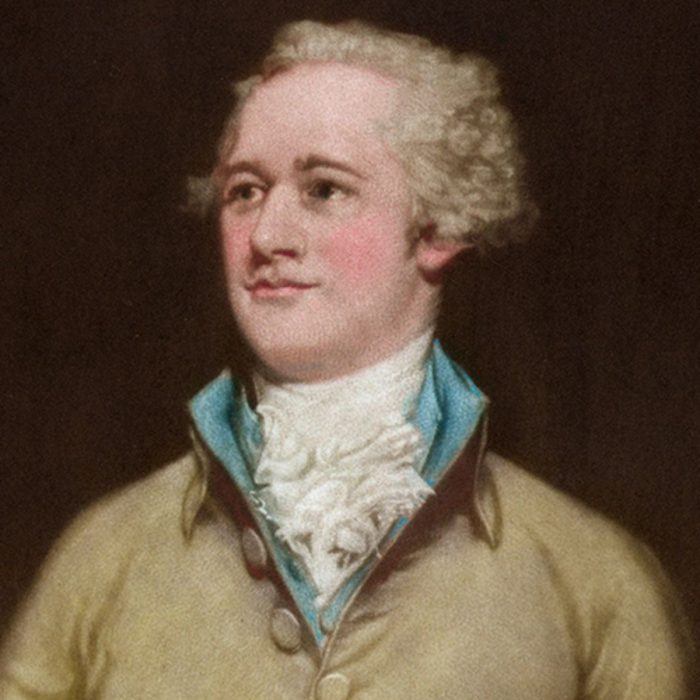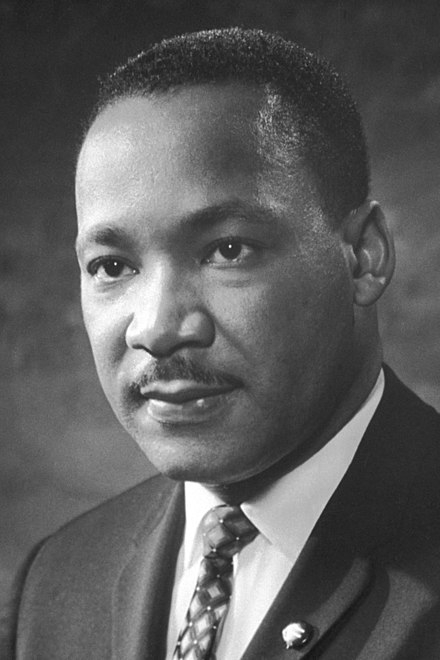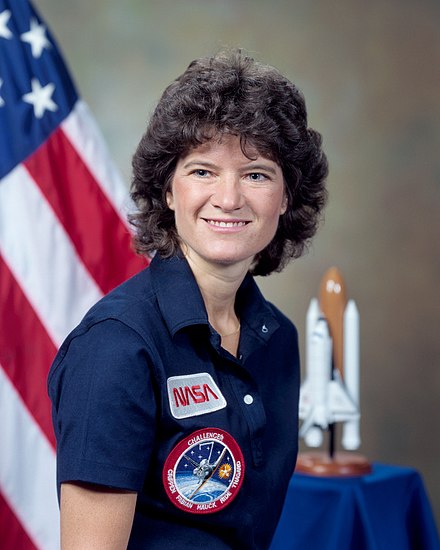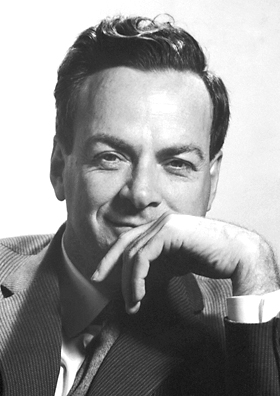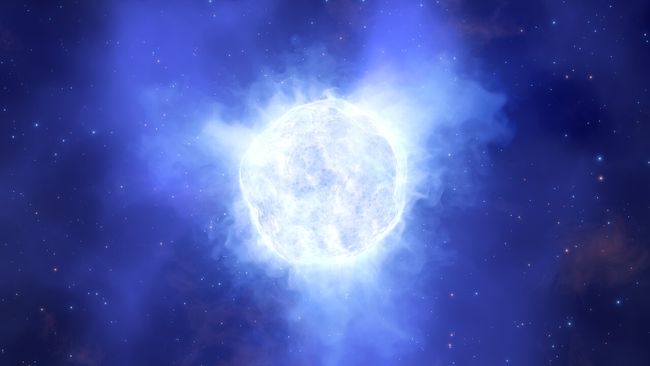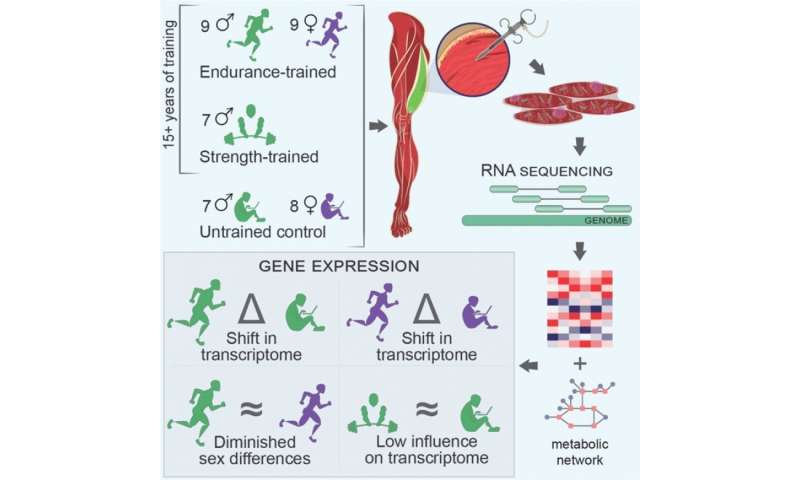Along with half the known universe, we watched the streaming version of Hamilton last weekend. I think either you love it or have no interest in seeing it at all, but I am very firmly in the former camp. We had seen it last fall with the San Francisco cast, and it was wonderful. Seeing the streaming film with the original cast was, in some ways, even better, because we kept the subtitles on, and lyrics that sped past on my first viewing landed this time, and it was, if anything, more emotionally resonant.
We followed up the next evening with 1776, our annual 4th of July tradition. (The first time I saw it–I must have been in college–I developed a serious crush on Thomas Jefferson: tall, red-haired, wordsmith, plays the violin, looks suspiciously like Ken Howard –no, actually, he didn’t, but never mind that. Subsequent learning took a lot of the gloss off Mr. Jefferson.) I love this show because it captures something important about the origins of my country–it glances off the flaws of the men, but doesn’t skip over the compromises: Here’s John Adams protesting against the removal of a clause condemning slavery:
John Adams: Mark me, Franklin… if we give in on this issue, posterity will never forgive us.
Dr. Benjamin Franklin: That’s probably true, but we won’t hear a thing, we’ll be long gone. Besides, what would posterity think we were? Demi-gods? We’re men, no more no less, trying to get a nation started against greater odds than a more generous God would have allowed.
They’re both right. Posterity–rightly–has not forgiven them. And maybe, likely, without the compromise over the mention of slavery, the south would have walked and the war would have gone the other way. Continue reading “History is Human”…

